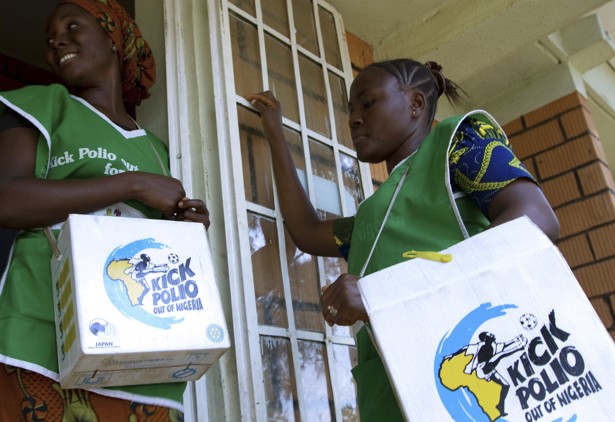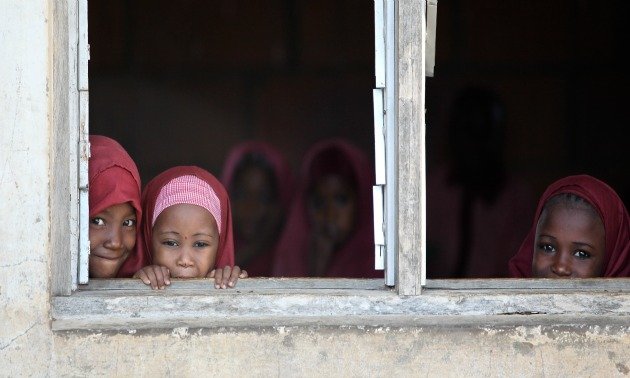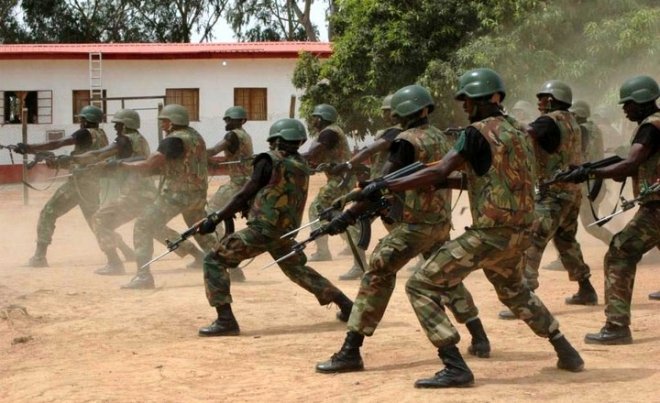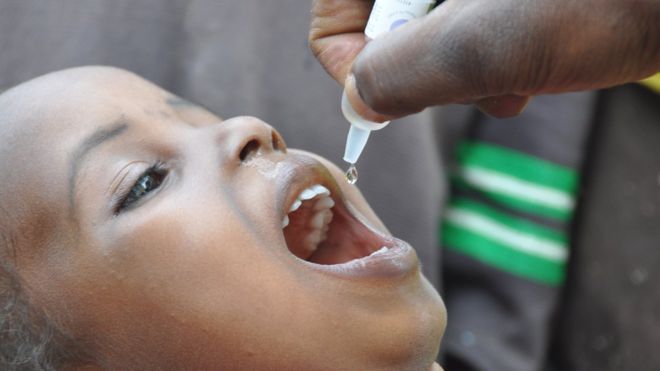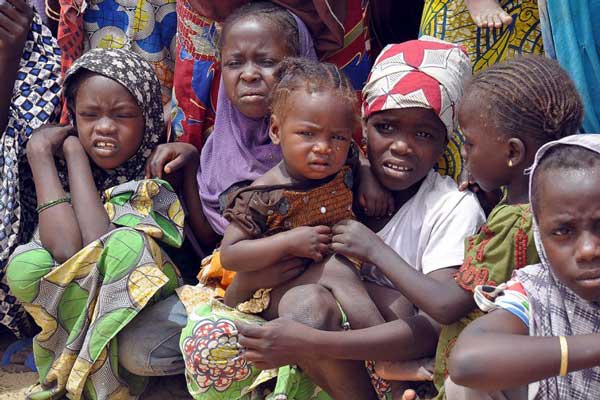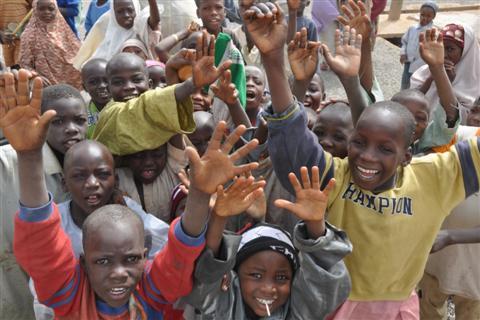More than 2.5 million Nigerians have been directly affected by the flooding crisis ravaging hundreds of communities in 2022. But the worst of it isn’t even over as authorities expect more heavy rainfalls to cause problems till the end of November.
For those already affected and those at risk of flooding in the future, here’s a list of things the World Health Organisation (WHO) recommends to keep yourself healthy in a flooding crisis.
Know your community’s strategy
Many of Nigeria’s flooded communities are in riverine areas prone to flooding when local rivers overflow. As a member of such a community, it’s critical to be knowledgeable about warning signals and evacuation protocols outlined by the government before your neighbourhood is overtaken by flooding. The knowledge helps to prevent surprises. Part of the Nigerian government’s strategies is warning these kinds of communities ahead of time to move to safer, higher grounds.
Chlorinate or boil water
Floods naturally cause environmental damage, including the contamination of clean water bodies. This is why it’s important to chlorinate or boil water for drinking and cooking. It’s important that the government provides safe drinking water for those affected to reduce the risk of outbreaks of water-borne diseases.
Promote good hygienic practices
[Image source: Pumps Africa]
Floods don’t foster the most hygienic situations so it’s important as a survivor to be extra-vigilant with hygiene. WHO recommends washing your hands with soap and water after contact with floodwater. And it goes without saying that you shouldn’t use floodwater to wash dishes, brush your teeth or cook.
Don’t walk or drive through flooded areas
Flooded areas present life-threatening challenges like an electrical shock from fallen electrical lines or even the abnormal migration of dangerous aquatic animals like sea snakes or crocodiles. Floods can also easily sweep people and vehicles away. WHO recommends that people stay away from flooded areas as much as they can.
Throw away food contaminated by floodwater
The five-second rule doesn’t apply to food in floodwater. WHO recommends that you throw away food if it accidentally touches floodwater. Just have it at the back of your mind that floodwater is trying to kill you; don’t give it a helping hand.
Don’t do things like this unless it’s absolutely necessary:
Clean your home
When the water recedes after the floodwater has visited your home, it’s important to throw out items that you can’t wash or clean up. WHO recommends that you clean the walls of your house, floors and other surfaces with soap and water and bleach.
Protect yourself against mosquitoes
Floods create stagnant water — a breeding environment for mosquitoes. It’s important to protect yourself with clothes that cover your body during the day and use mosquito repellants during the night. Get them before they get you.
It’s critical that the government keeps infectious disease control programmes active and efficient to help citizens in need.




 “YASSS we all need our own homes!” – 2019 campaign slogan loading.
“YASSS we all need our own homes!” – 2019 campaign slogan loading.






